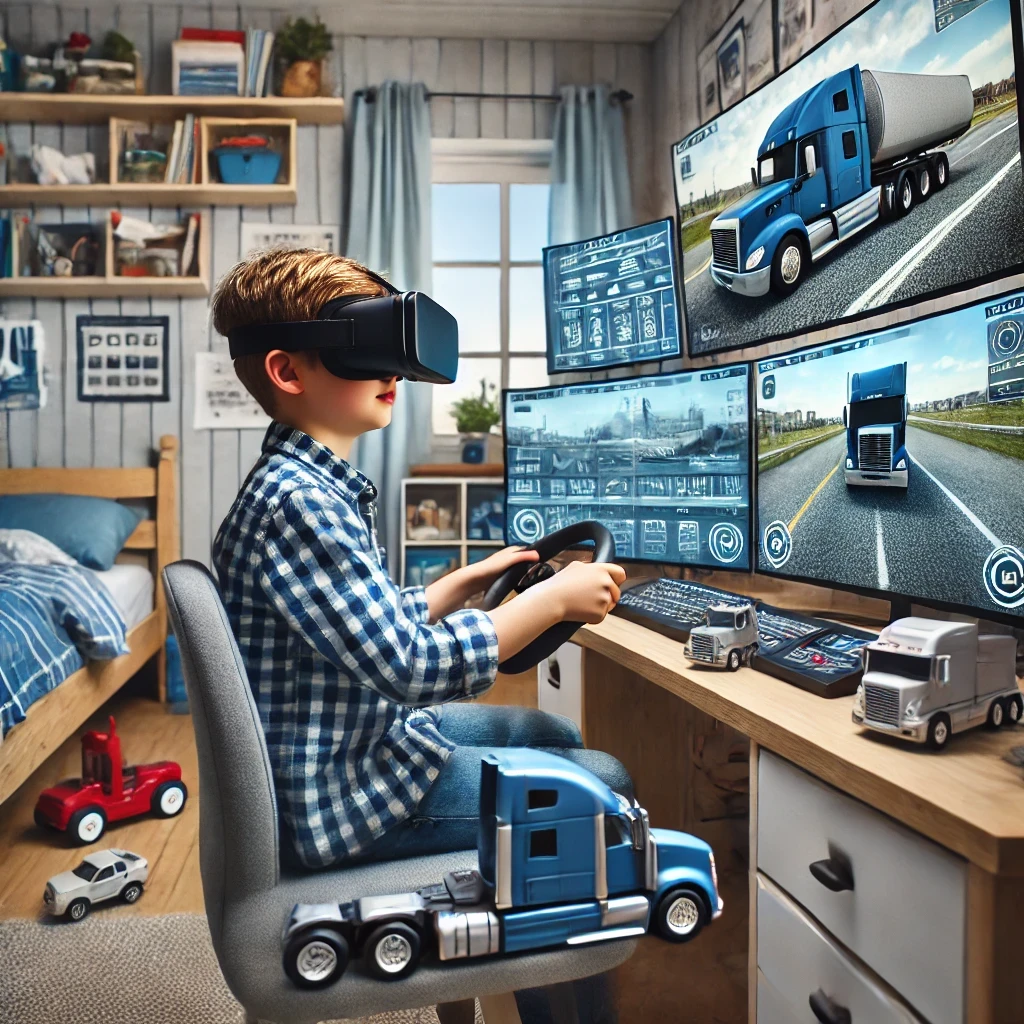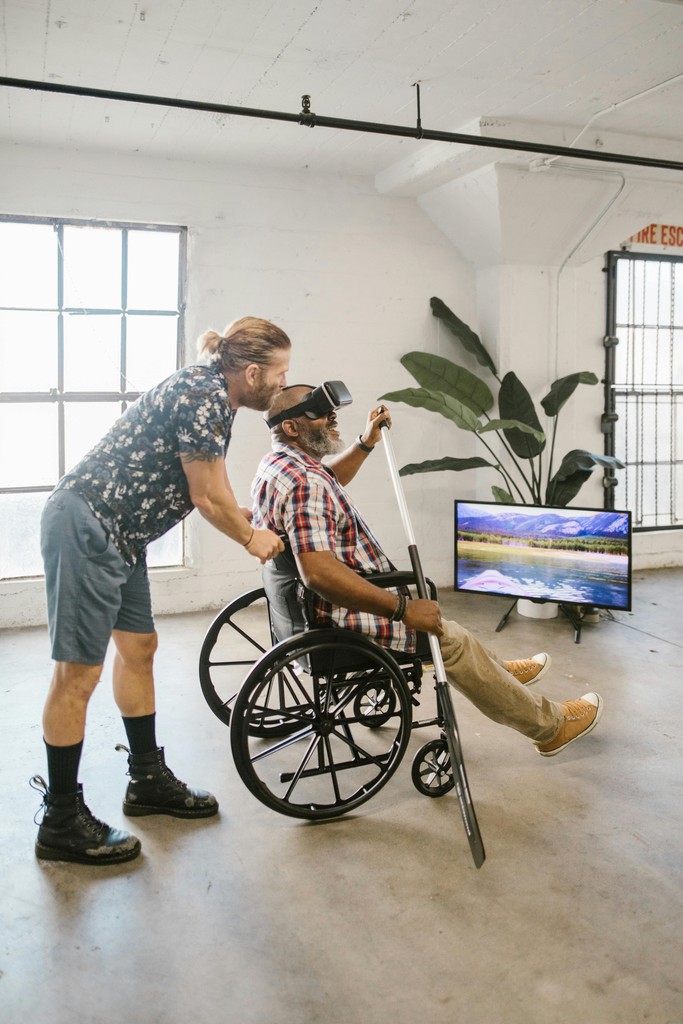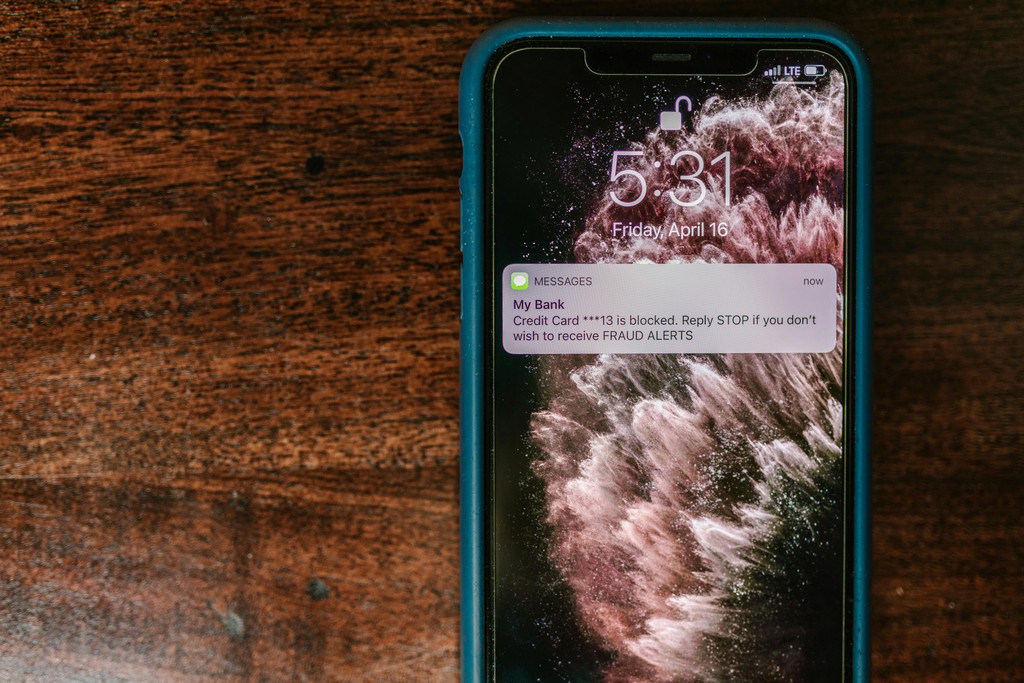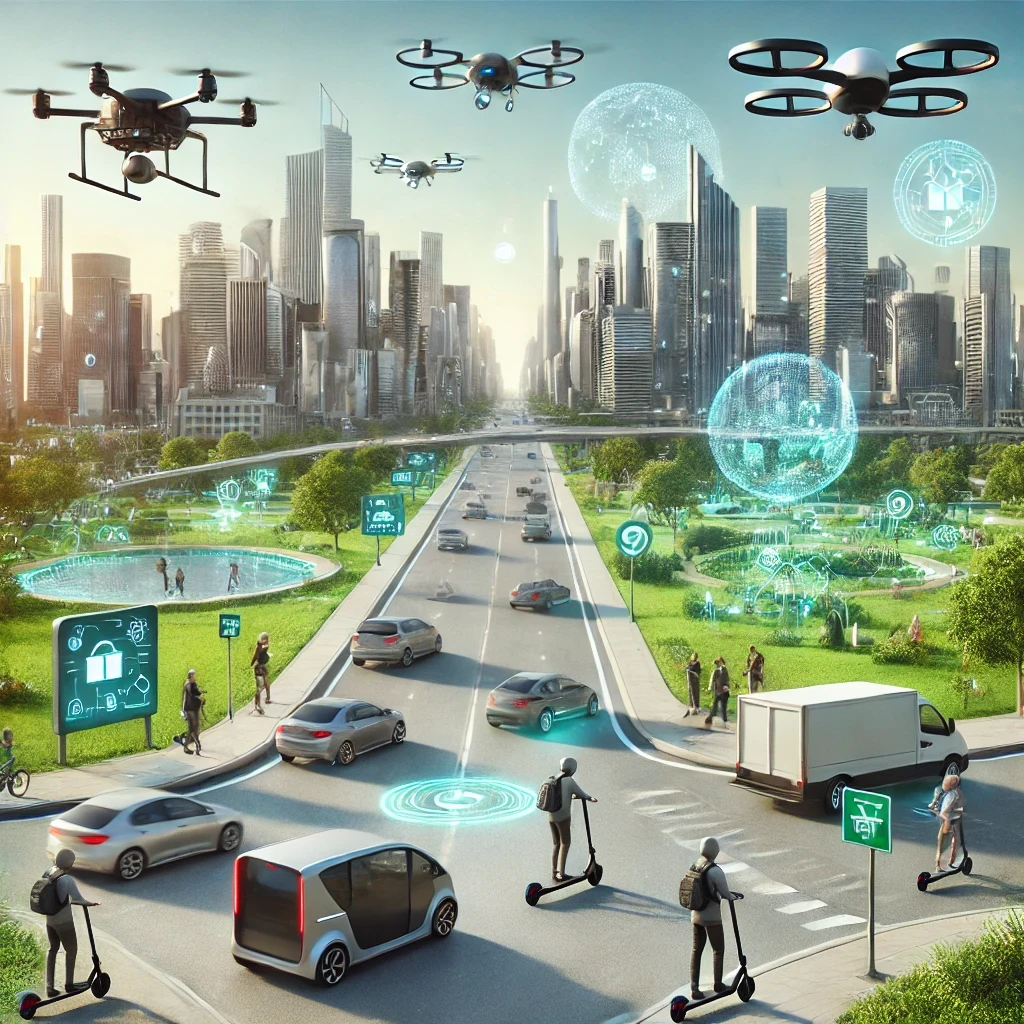Are We Exploiting Our Kids for Profit? The Dystopian Future of VR Work and Education
Last week at the UP Summit in Bentonville, Arkansas, I watched something that stopped me in my tracks: a dozen kids, none older than 13, masterfully maneuvering 50-foot rigs through treacherous mountain passes. They weren't on actual roads, of course—they were using sophisticated simulators, complete with realistic controls and VR headsets. But their skill level? That was very real.
As I stood there watching these pre-teens handle complex logistics scenarios with the ease of seasoned truckers, a thought hit me: What if this isn't just a cool demo? What if we're witnessing the future of work itself?
Picture this: Little Timmy, age 9, sits in his bedroom, donning a similar VR headset. But he's not battling space aliens or exploring fantasy worlds. Instead, he's guiding a massive 80-foot truck through treacherous mountain passes, contributing to the global supply chain from the comfort of his home. His mom, sitting in the next room, isn't worried—she's thrilled. Timmy is getting ahead, earning his first paycheck before he even gets his first pimple.
Science fiction? Not quite. Welcome to the mind-bending future of work, where the lines between play, education, and employment are blurring faster than a VR headset can refresh its display. And here's the kicker: while adults debate the ethics, these kids are getting paid.
The Game-Changing Generation
Let's face it: kids today are digital wizards. They navigate touchscreens before they can tie their shoelaces and master complex game mechanics while we’re still figuring out how to update our apps. But what if we could harness this digital dexterity for more than just racking up high scores?
Studies show that gaming can supercharge a child’s brain, boosting everything from spatial awareness to problem-solving skills. Kids today aren’t just playing—they’re training. Gamers have reflexes faster than the average driver and have developed strategic thinking abilities that could rival military planners. Now, imagine applying those superpowers to real-world challenges. We’re talking about a generation of logistics geniuses and transportation virtuosos before they even hit high school.
But it gets crazier. What if this isn’t just about skill-building? What if it’s about a whole new workforce, ready to take on jobs adults are too busy—or too burnt out—to do?
Piggy Banks of the Future
But wait, there’s more! (As they say in those infomercials we pretend not to watch.) What if these VR ventures could also be a ticket to a debt-free future?
Picture this: Instead of flipping burgers for college cash, kids could be flipping switches on virtual control panels, earning real money for their future education. It’s like a lemonade stand, but instead of serving refreshments, they’re serving the global economy. Instead of spending hours at a greasy fast-food counter, Timmy is at the helm of an international logistics operation—learning, earning, and getting ahead of the curve.
Imagine the possibilities: a digital wallet for every kid, filled not with allowance money, but earnings from driving virtual trucks, managing VR factories, and troubleshooting issues in real-time—all while sitting comfortably at home. Their after-school jobs aren’t just teaching them responsibility—they’re literally funding their future. It’s work experience, financial independence, and education rolled into one.
From Hollywood to Highways
Now, I know what you're thinking: "Isn't this just high-tech child labor?" Hold onto your ethically-sourced hats, because we’ve got a plot twist for you: child actors.
That’s right—for years we’ve had systems in place allowing kids to work in the entertainment industry, complete with strict regulations to protect their well-being. We let 10-year-olds star in billion-dollar movie franchises and appear on TV shows that take them away from school for weeks on end. They earn money, they follow their dreams, and—most importantly—they’re protected by labor laws designed for minors.
So why not apply the same model here? Suppose we can trust a 10-year-old to remember lines and hit marks on a Hollywood set. In that case, why not trust them to navigate virtual highways, balance resource flows in simulated factories, or even help direct emergency response teams in VR simulations? If it’s regulated properly, this could be the next big thing—a way for kids to earn, learn, and play, all at the same time.
School’s Cool, But Have You Tried VR?
But here’s where it gets really exciting. What if we stopped thinking about this as ‘work’ and started seeing it as the world’s coolest field trip?
Imagine geography class where you’re not just memorizing capital cities, but actually navigating trucks through those cities’ streets. Want to understand the complexities of international trade? Hop into a VR container ship and try getting from Singapore to Rotterdam during a storm.
Or take economics lessons—instead of reading about supply and demand, you’re actively participating in global trade. Imagine a 12-year-old negotiating with virtual suppliers to secure the best price for goods, learning real-world economics while playing a role in an actual business scenario. It’s like "The Magic School Bus," but instead of Ms. Frizzle, you’ve got Ms. Virtual Reality showing you the ropes.
Education stops being passive—it becomes experiential. History isn’t just dates and places; it’s a virtual journey where you walk in the shoes of those who made it. Science is no longer confined to a textbook but is an immersive experiment, where the physics of driving a truck through a mountain pass are learned not through lectures but through experience.
The Elephant in the Virtual Room
Now, I can hear the concerned parents and ethicists clearing their throats. And you’re right to be concerned! We’re not suggesting throwing kids into the virtual deep end without a safety net.
We’re talking about strict time limits, regular check-ins, and more safeguards than a virtual Fort Knox. There will be digital guardians, monitoring every session, making sure the experience is safe and educational. Imagine an AI monitor that tracks stress levels, ensuring no child gets overwhelmed. Kids don’t drive trucks for hours—they drive for minutes, enough to learn a skill, make a contribution, and log off without burnout.
The goal isn’t to create a generation of VR workaholics, but to open up new avenues for learning, earning, and growing. It’s about giving them a head start in a digital economy that they’re going to inherit anyway. We’re not just talking about preparing kids for the future—we’re talking about letting them create it.
The Dystopian Downside?
Of course, there’s a dark side to all of this. Imagine a future where kids are spending more time working in virtual environments than playing outside. A future where childhoods are consumed by the need to be productive, to contribute, to get ahead. Where a kid’s value isn’t in their curiosity or creativity, but in how well they can manage a supply chain or optimize a logistics route.
And what about the economic divide? If these opportunities are only available to those who can afford the best VR equipment and the fastest internet, then we’re not solving inequality—we’re entrenching it. The gap between those who have access to this brave new world and those who don’t could become a chasm, separating the future leaders from those left behind.
And let’s not forget about the ethical implications—privacy concerns, the commercialization of childhood, and the risk of turning kids into mere cogs in a digital machine. Who controls the data generated by these activities? How do we ensure these young workers aren’t exploited by corporations looking to cut labor costs by shifting jobs to a cheap, eager, and technologically savvy workforce of children?
The Road Ahead
So, what’s the final destination on this wild VR journey? A future where kids are more prepared for the jobs of tomorrow, armed with a global perspective, a college fund, and skills that would make any HR department drool. But it’s also a future filled with ethical landmines, potential misuse, and a redefinition of what it means to be a child.
Is it a crazy idea? Maybe. But remember, they once thought teaching kids to read was a radical notion. Sometimes, the craziest ideas are the ones that change the world. The truth is, we’re on the verge of something revolutionary—something that could either empower an entire generation or chain them to digital screens before they even get a chance to explore the real world.
Are we ready to hand over the virtual keys to the next generation? Are we ready to let them shape the economy, navigate the world, and learn through doing rather than just watching? The future is calling, and it’s got a VR headset with your kid’s name on it.
The choice is ours: Embrace the possibilities and manage the risks, or let this opportunity pass and watch as others take the lead. The digital frontier is here, and whether we like it or not, the kids are already in the driver’s seat.
date published
Oct 25, 2024
reading time
5 min
.see also



